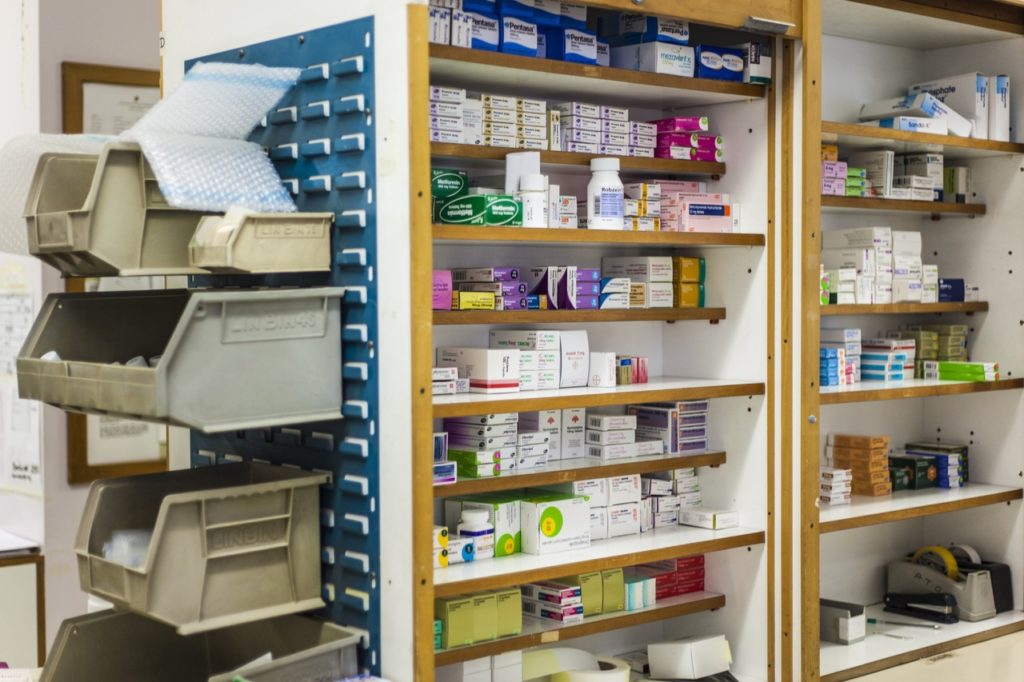Pharmacists are missing a total of 428 different drugs, or one in twenty of the total, the federal government's agency for medications and health products has announced. According to a report in Le Soir, the missing drugs include common over-the-counter remedies like aspirin, as well as painkillers, blood pressure medication and more. The information is based on reports from drugs manufacturers, who are bound by law to report actual or expected shortages
However once a shortage is reported, it is often allowed to continue without new information from manufacturers, said Valerie Lacour, professor of pharmacology at the university of Louvain-la-Neuve.
“While we may be waiting to be able to provide the medication again, the date for a return is pushed back again and again,” she told the paper. “It's not a very professional way of working.”
The agency played down the extent of the shortage. Sometimes it may only be a question of presentation, such as when tablets in a pack of 30 are not available but the same tablets are available in a pack of ten. Altogether, the agency has counted 9,459 different preparations on the market in Belgium, sometimes several versions of the same drug.
In other cases the shortage can be more serious. According to Maureen Louhenapessy, deputy director of the Platform for the prevention of Aids, “It often happens that the molecules are missing from the pharmacies, even those more specialised in the treatment of HIV patients,” she said. “At that point the pharmacies advise patients to get hold of enough medication to last them several weeks or even months.”
In under one case in a hundred, a drug may go missing for more than a month, in cases where fewer than three alternatives are present on the market.
In related news, some 40 million iodine tablets intended to equip the population in the event of a nuclear accident are lying unclaimed in the nation's pharmacies, according to the government's crisis centre.
Last year the government announced its new nuclear crisis plan, which among other things involved the provision of 4.6 million packets of iodine pills, free for the public, for use in the event of a nuclear crisis. The pills help protect against the effects of nuclear radiation.
Since then, however, only 650,000 packs have been picked up.
The crisis centre points out that the problem is not as serious as it may seem: the tablets have a shelf-life of ten years, so will still be available for some time yet.
Alan Hope
The Brussels Times

